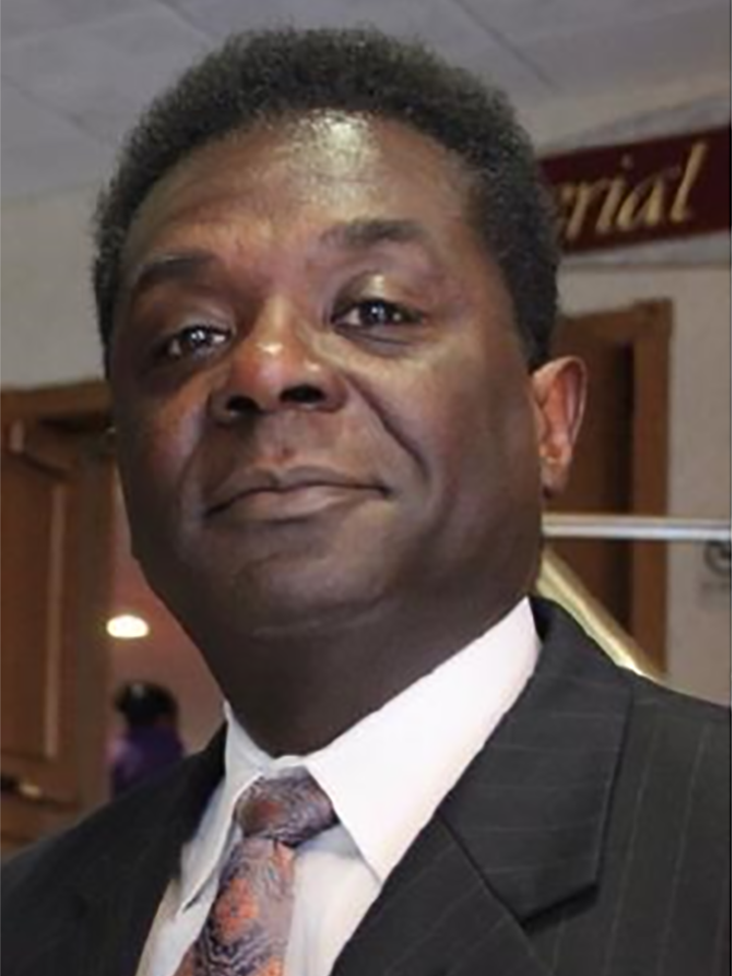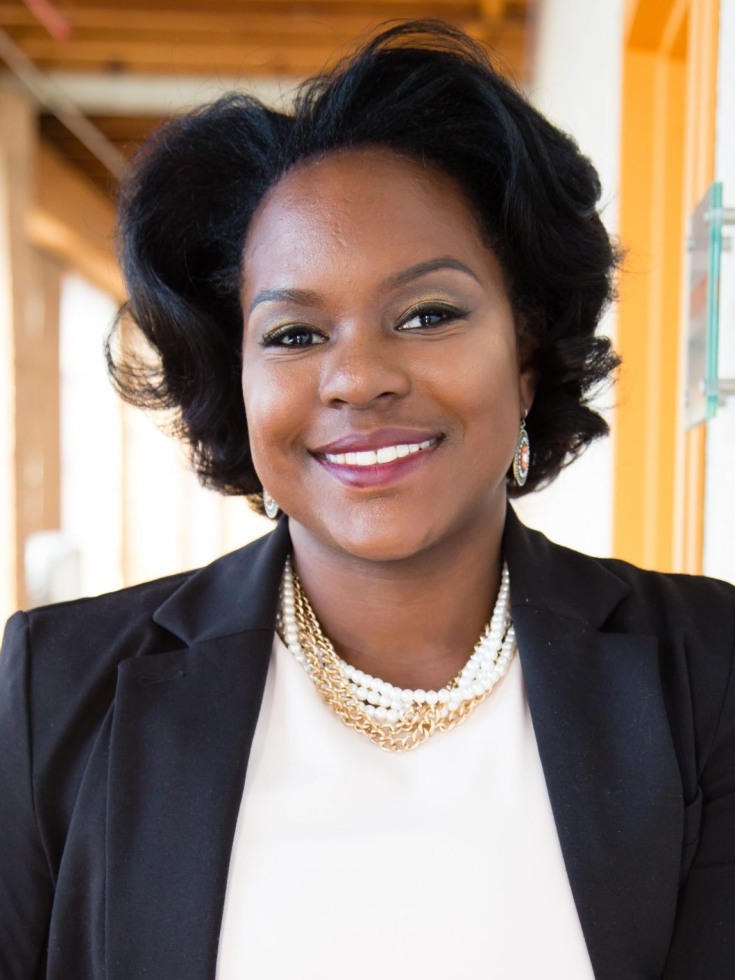PROVIDENCE, R.I. [Brown University] — An important Alzheimer’s disease prevention study is underway in Providence, under the leadership of researchers affiliated with Butler Hospital, Brown University and other local partners, and it’s notable for two significant reasons.
First, the study, called U.S. POINTER, doesn’t involve medication or surgery — the goal is to see if changes in diet and exercise can protect against age-related memory loss and cognition problems.
Second, it aims to be more representative of the patients impacted by Alzheimer’s than most research of its kind.
While Alzheimer's disproportionately affects older Black and Hispanic Americans compared to older white Americans, much of the Alzheimer's research to date has not included sufficient numbers of Black, Hispanic, Asian and Native Americans to be representative of the U.S. population. To address that deficiency, the investigators of the local arm of this national study, working with faith-based community leaders, are aiming to increase participation among people of color in Rhode Island and Southern New England.
“People of color have a higher rate of dementia, so these communities need approaches to lower the chance of developing Alzheimer’s disease,” said study co-leader Dr. Stephen Salloway, associate director of the Center for Alzheimer’s Disease Research at Brown University and director the Memory and Aging Program at Butler Hospital. “That’s why we need people from all backgrounds to participate in important prevention studies like U.S. POINTER.”
In Rhode Island, study leaders are working closely with Rev. Howard M. Jenkins Jr., president of the Ministers Alliance of Rhode Island and pastor at Bethel African Methodist Episcopal Church in Providence.
“As faith-based leaders, we recognize that we have a strong and influential voice with our community,” Jenkins said. “Given the importance of Alzheimer's and its devastating impact on people of color, we're leveraging our role to encourage widespread participation in this critical trial.”
A faith-based approach
The Rhode Island research team for U.S. POINTER is reaching out into communities across Providence and the region to offer the chance to participate. They’re using an approach called the Faith Engagement Outreach Model, which seeks to expand participation, amplify advocacy, catalyze learning, develop trust and tolerance and facilitate engagement. The approach engages trusted voices in the faith community to forge new alliances and encourage community collaboration with research institutions like Brown and its affiliated partner hospitals.

